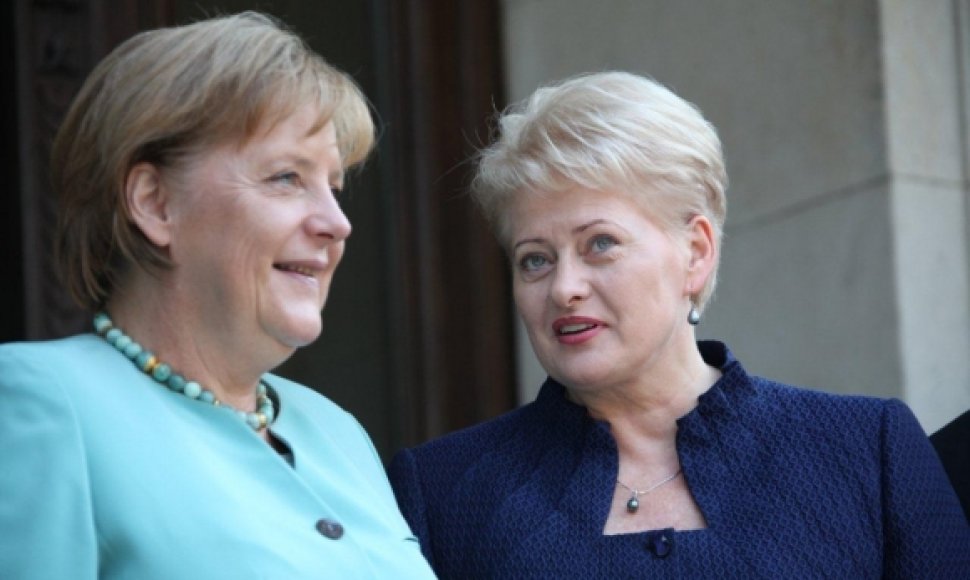"We need to understand the situation of the German people. They are largely responsible for paying for these bailouts. I cannot imagine a head of government whose country is paying for something and not asking for certain conditions. It is legitimate that Berlin leads the way," Grybausakitė said in an interview to Spiegel Online, published on Friday.
According to the Lithuanian president, at the Council meetings "there is no one around the table who knows the European facts better" than Merkel.
"She knows exactly how much every policy move costs for Germany. For these critical times, she is very well placed. Also, in four years in the Council, I have never felt she was ignoring the interests of the smaller states. That's how she works. She tries to find a consensus," Grybauskaitė said.
According to the Lithuanian president, Merkel has become an object of resentment of many crisis-hit people.
"I think the mood is not anti-German. It is anti-EU. Germany is now representing the EU, because it pays for the bailouts and sets the conditions. Before, institutions in Brussels were the target. Now it is Merkel. It is easier for local politicians who are themselves responsible for a national crisis to blame somebody from the outside. But one has to remember: If it wasn't for Germany, these countries would be bankrupt," Grybauskaitė stressed.
Lithuania needs to introduce the euro as the litas is already pegged to the common currency but the country does not have the benefit eurozone members enjoy, according to Grybauskaitė.
"Our currency has already been pegged to the euro since 2002. We don't have an independent monetary policy. We are regulated by the European Central Bank in Frankfurt, but we are not able to reap all the benefits. Our businesses want to save the transaction costs," Grybauskaitė told Spiegel Online.
Asked whether Lithuanians were looking forward to bailing out other countries, the Lithuanian president said the country's contribution to common eurozone funds would be small and the country was not afraid of responsibility.
"Lithuania is a small country, so our contribution would not be that large. We are not afraid of our responsibility. We receive 25 percent of our national budget from the European Union. We understand the value of solidarity," Grybauskaitė said.
The Government of Lithuania has set a goal to introduce the euro in 2015.












